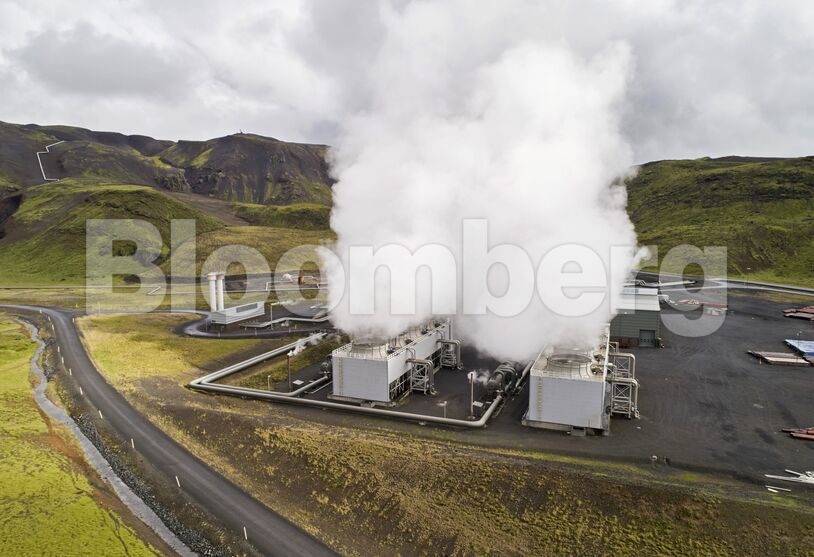Sitting in the Atlantic Ocean, 850 kilometers (530 miles) from the Scottish coast, the country had to be self-sufficient in electricity generation, and power was always so plentiful that a large aluminum-smelting industry emerged half a century ago to churn wealth for Icelanders, who until then had relied on fishing for their livelihoods.
Located between two tectonic plates, the land of glaciers, highlands and ample rainfall is fueled by geothermal power and hydro generation. Iceland has even considered exporting electricity, but never undertook the investment to connect to any other countries’ grids on economic grounds.
But this winter, rising demand from an electrifying society and power-hungry industries combined with low reservoir levels after summer droughts meant the country spent four months curtailing power to certain industries, including fish-meal factories and district heating plants in some remote areas.
While the restrictions have for the most part ended after recent rains, Iceland is taking in the lessons.
The need to increase generation capacity “is quite urgent,” Hordur Arnarson, chief executive officer of national power company Landsvirkjun HF, said in an interview. Still, there’s no quick respite in sight, as it will take at least four years to bring new generation capacity — up to 300 megawatts — online, he said.
The world’s biggest power producer relative to the size of its population, Iceland sells almost 80% of the electricity generated in the country to its heavy industry — the bulk of that made up by aluminum smelters belonging to Rio Tinto Plc, Century Aluminum Co. and Alcoa Corp.
When power has been scarce, the smelters continued to be served by their long-term contracts. In contrast, fish-meal factories in the east of the country have been running on oil, because there was no electricity to power them, and heat for some homes had to be generated with crude over the winter.
All that has put environmentalists on the back foot.
“It’s crazy that people in the Westfjords need to heat their houses with oil when electricity supply goes down,” Audur Onnu Magnusdottir, general manager of environmental association Landvernd, said in an interview. “The big international companies are prioritized. This shows how flawed our priorities are.”
What she wants to see going forward is more focus on where energy is spent and reducing consumption.
“We cannot be pressured by polluters of the world to sacrifice our nature,” Magnusdottir said, referring to plans to increase land use on power production, even for renewable energy.
The power crunch has also meant lost opportunities to diversify the economy, said Sigurdur Hannesson, managing director of the Federation of Icelandic Industries. Several green projects were pulled because companies couldn’t get power contracts, he said in an interview, adding that algae-based foods and battery production are among industries that could be built if electricity could be secured.
The government is taking a middle road as it weighs new power projects. Key considerations include ensuring the public benefits from private profits in energy generation, and what power will be used for, Prime Minister Katrin Jakobsdottir said in an interview.
“The domestic energy transition should be prioritized over the extensive export of energy,” she said. “Those of us who want to protect nature a lot, like myself, and those who are more pro harvesting, all need to look at the overall interest.”
Share This:




 CDN NEWS |
CDN NEWS |  US NEWS
US NEWS 






























COMMENTARY: Fossil Fuels Show Staying Power as EU Clean Energy Output Dips – Maguire